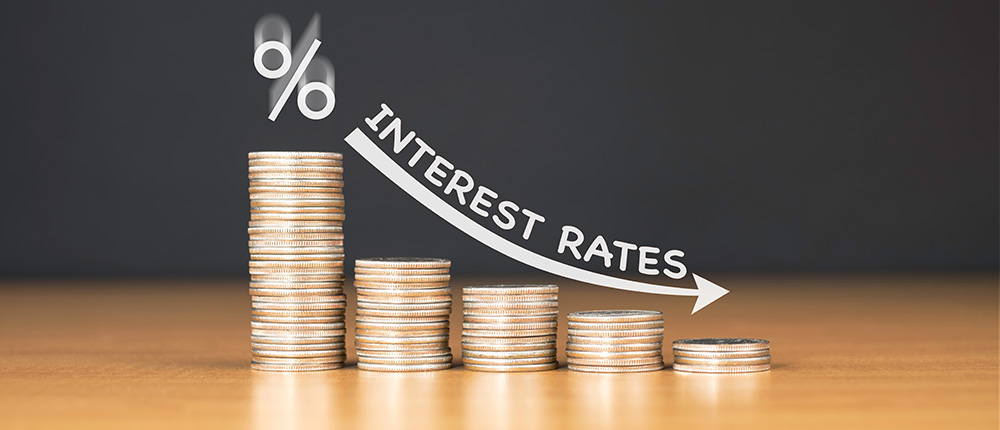
Renewing your mortgage may not seem as exciting as buying your first home, but it’s a golden opportunity to save thousands of dollars over the life of your loan. Mortgage renewals are a time to reassess your financial goals, compare lenders, and negotiate for better terms. Whether you’ve been in your home for five years or are approaching your first renewal, here’s how to make sure you’re getting the best possible mortgage rate when the time comes.
Most lenders send a renewal notice 30 days before your mortgage term expires. While it might be tempting to simply sign and return it, doing so could cost you. Lenders often offer rates that are higher than what they might give to new clients—or even to you if you ask.
Start shopping around at least 90 to 120 days before your term ends. Many lenders will guarantee a rate for up to four months, giving you time to compare without the pressure of a looming deadline.
Understanding the details of your current mortgage is crucial before you negotiate or switch lenders. Key things to review include:
Being informed allows you to compare offers apples-to-apples and identify which features you truly need.
You don’t have to stay with your current lender. In fact, switching lenders can sometimes lead to better rates or more flexible terms. Contact multiple banks, credit unions, and mortgage brokers to gather a range of offers.
Mortgage brokers are especially helpful because they work with several lenders and can often find competitive rates that aren’t advertised. Even if you’re leaning toward staying with your current lender, having alternative offers gives you leverage to negotiate.
Don’t be afraid to ask your lender to match or beat a competitor’s offer. If you have a strong payment history, good credit, and equity in your home, you’re in a good position to negotiate a better rate or more favorable terms.
Be direct—tell them you’ve received other offers and want to stay, but only if they can be competitive.
While a lower rate is attractive, switching lenders may come with costs. Look out for:
Some lenders may cover or waive these costs to win your business, but not all do. Ask for a complete breakdown of costs so you can determine if switching truly makes financial sense.
Your credit score plays a significant role in the rate you’re offered. Before you renew, pull your credit report and check for any errors or issues that could impact your creditworthiness.
If your score has improved since you got your original mortgage, use that to your advantage. A better credit profile can qualify you for lower rates and more favorable terms.
Renewal time is also a great opportunity to realign your mortgage with your life goals. Ask yourself:
Depending on your answers, you may want to change the length of your term, switch between fixed or variable rates, or increase your monthly payments to reduce your amortization.
Mortgage rates can fluctuate with economic conditions. If rates are expected to rise, locking in a rate early in your renewal window can save you money. On the other hand, if rates are expected to fall, consider a shorter term or variable-rate mortgage to take advantage of future decreases.
Some lenders try to bundle insurance or other products with your renewal. While some of these might be useful, many are unnecessary or overpriced. Always review add-ons carefully and only agree to what you truly need.
The biggest mistake homeowners make is automatically renewing without doing any research. The process may be simpler, but convenience can be costly. Even a 0.5% difference in interest rate on a $300,000 mortgage can cost you over $7,000 over a five-year term.
Mortgage renewal is more than just a checkbox—it’s a critical opportunity to improve your financial well-being. By starting early, doing your homework, and negotiating wisely, you can secure a lower interest rate and more favorable mortgage terms that align with your current lifestyle and long-term goals. Don’t leave money on the table—make your mortgage work for you.